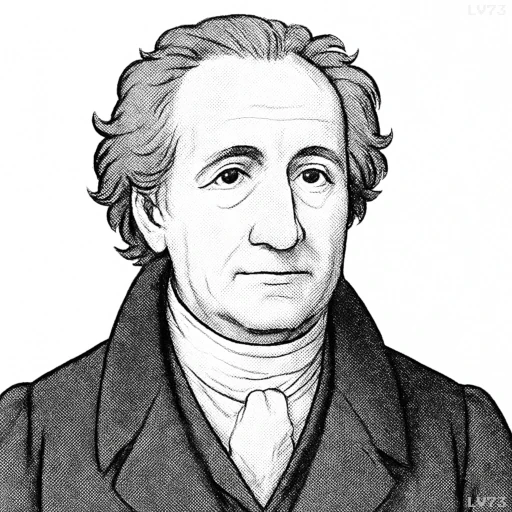“The best government is that which teaches us to govern ourselves.”

- August 28, 1749 – March 22, 1832
- German
- Poet, playwright, novelist, philosopher, politician
table of contents
Quote
“The best government is that which teaches us to govern ourselves.”
Explanation
Goethe suggests that the ideal form of government is one that empowers its citizens to be self-reliant and capable of managing their own lives, rather than imposing strict control or dependency. A wise government provides the tools, education, and freedom necessary for individuals to understand their own responsibilities, make informed decisions, and cultivate self-discipline. In this way, the most effective governance encourages the development of personal autonomy and ethical behavior, ensuring that people can navigate life without constantly needing external direction.
Historically, this idea aligns with the Enlightenment principles of individualism and reason, which advocated for governments that fostered the freedom and moral responsibility of their citizens. Thinkers like John Locke and Jean-Jacques Rousseau also promoted the idea that a just government is one that encourages self-governance and civic virtue among its people.
In modern contexts, this notion is reflected in democratic systems that prioritize education, personal freedom, and self-determination. A government that invests in public education, human rights, and access to resources for personal development enables its citizens to take control of their own lives. For instance, citizens who are well-informed and engaged in civic duties, like voting or community involvement, are better able to make choices that align with their values and contribute to the public good.
Goethe’s words remind us that true governance is not about rigid control but about fostering the freedom and knowledge necessary for individuals to govern themselves wisely. This form of governance helps create a society where people are both responsible and empowered to make decisions that improve their own lives and the lives of others.
Would you like to share your impressions or related stories about this quote in the comments section?



